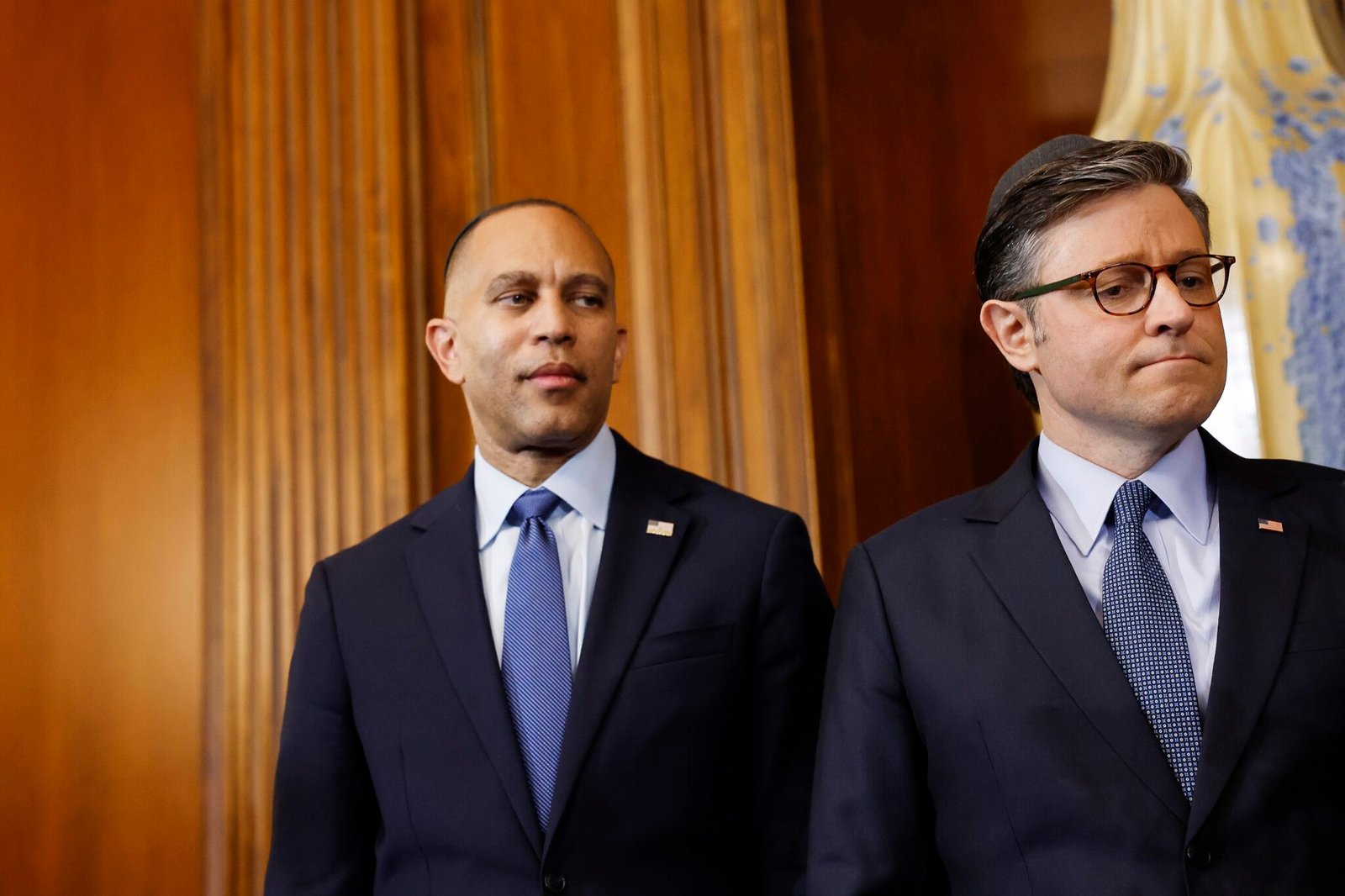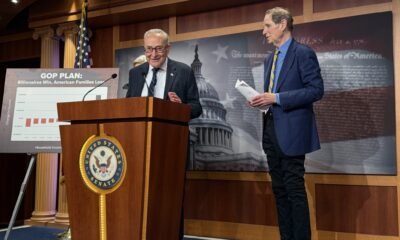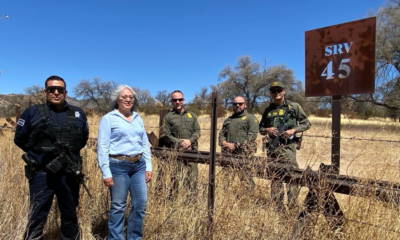DC Bureau
U.S. House Sends New Spending Plan to Davy Jones’ Locker as Government Shutdown Looms

WASHINGTON — The U.S. House of Representatives has stalled on a critical Republican stopgap spending package, increasing the likelihood of a partial government shutdown as the current funding bill is set to expire Friday at midnight.
On Thursday, the House voted 174-235 against the second proposed stopgap spending bill released by GOP leaders, just hours after its introduction. The initial proposal had faced similar backlash, notably from President-elect Donald Trump and several Republican colleagues on Capitol Hill.
The failed vote saw 38 Republicans and 197 Democrats opposing the package; only two Democrats supported the bill, while one chose to abstain.
To pass the measure, Republicans sought approval through a rules suspension process that necessitated a two-thirds majority, which they failed to achieve. Trump’s endorsement was attached to the newer version, aiming for a two-year suspension of the debt limit.
Republican leaders may attempt to resubmit the failed bill with a simpler majority requirement, although this route is not guaranteed to secure passage.
Chairman of the House Appropriations Committee, Tom Cole (R-OK), emphasized the need for the legislation to prevent a shutdown and to provide disaster relief. He stated, “We need to provide the necessary disaster recovery aid for states and communities as our fellow citizens rebuild and restore.”
Democratic leaders criticized their GOP counterparts for bypassing bipartisan compromise on the spending package. Connecticut Rep. Rosa DeLauro, the top Democrat on the Appropriations Committee, expressed disappointment over the lack of Democratic input in the new bill, stating, “Legislation requires compromise and the support of both parties.”
The political landscape complicates negotiations; while Republicans hold a narrow House majority, Democrats control the Senate and the White House. This means bipartisan consensus is crucial for any legislation to proceed.
Before the vote, White House Press Secretary Karine Jean-Pierre criticized the GOP’s spending proposal, claiming it would prioritize billionaires at the expense of essential programs for working families like Social Security.
Trump had previously rejected the initial funding proposal and praised the latest version as beneficial for the American public. In a social media post, he called it “a very good deal” essential for disaster relief.
The urgency heightened following a tumultuous two-day period during which Trump urged Republicans to include provisions regarding the debt ceiling or eliminate it altogether, further complicating negotiations.
The failed 116-page bill aimed to provide funding through mid-March while enhancing disaster aid by roughly $100 billion. It proposed a two-year suspension of the debt limit until January 2027 and an extension for Congress to finalize the overdue farm bill until September.
Among the allocations, the bill provisionally planned for considerable spending on disaster recovery across various agencies, including the Federal Emergency Management Agency (FEMA) and the U.S. Department of Agriculture (USDA).
As the impasse continues, senators have also expressed concerns over disaster aid amidst potential government shutdown threats. Senators Thom Tillis and Lindsey Graham indicated their readiness for a talking filibuster should any funding measures lack substantial disaster aid.
Tillis remarked on the urgency of the situation: “When you’re in the middle of a crisis, I don’t think anybody’s going to want to hear about fiscal responsibility.” He reiterated the need for immediate action to assist those affected by disasters.
Without timely funding, federal departments could face severe operational limitations, complicating their ability to respond to ongoing natural disasters. American Federation of Government Employees President Everett Kelley warned that a shutdown would adversely affect essential services, leaving federal workers without pay.
The political and logistical hurdles surrounding the stopgap measures leave many uncertain about the path forward as negotiations continue into the final hours before the deadline.


















